


Tool developed by startup supported by FAPESP can be used by companies of different sizes and adapts to the specific needs of each business.

The world’s largest study of the impact of dietary polyphenol intake on the risk of cardiometabolic problems tracked more than 6,000 Brazilians for eight years.

A study involving 173 pregnant women reached this conclusion. The findings expand scientific knowledge of the preeclampsia and the mechanisms whereby damage to the kidneys, lungs, liver and brain may occur.
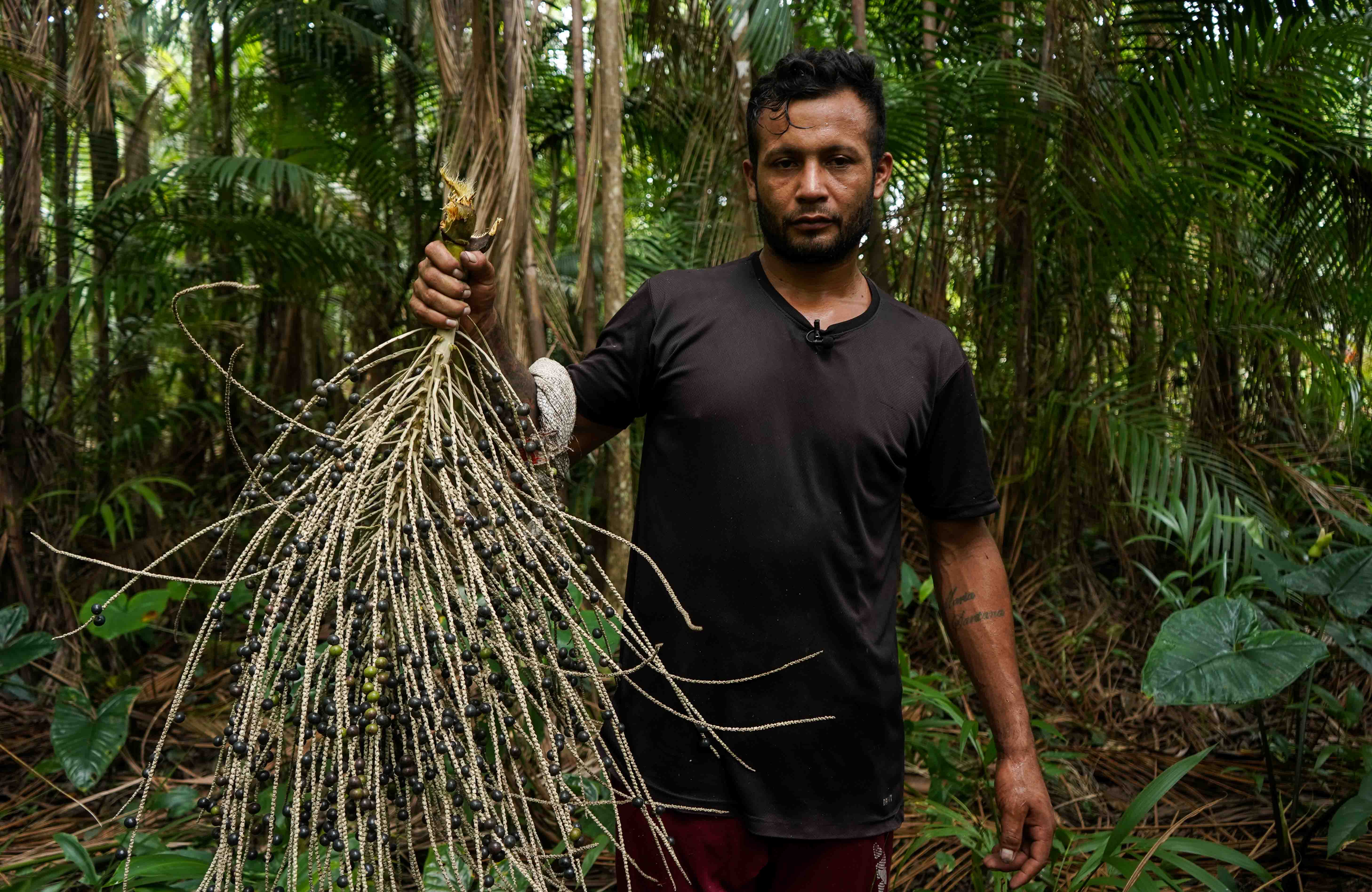
The Agrotechnological District of Breves, in the Brazilian state of Pará, was created as part of Semear Digital, a Science Center for Development led by EMBRAPA Digital Agriculture and supported by FAPESP.

A study of 153 people between the ages of 60 and 89 suggests modifications to a well-established clinical test for assessing balance in the elderly to make it more efficient, accessible, and predictive.

Less studied than grasses and trees, these plant species are of enormous importance to the Brazilian savannah biome in terms of biodiversity, carbon storage, regeneration after disturbance, and the provision of ecosystem services such as food and medicine.
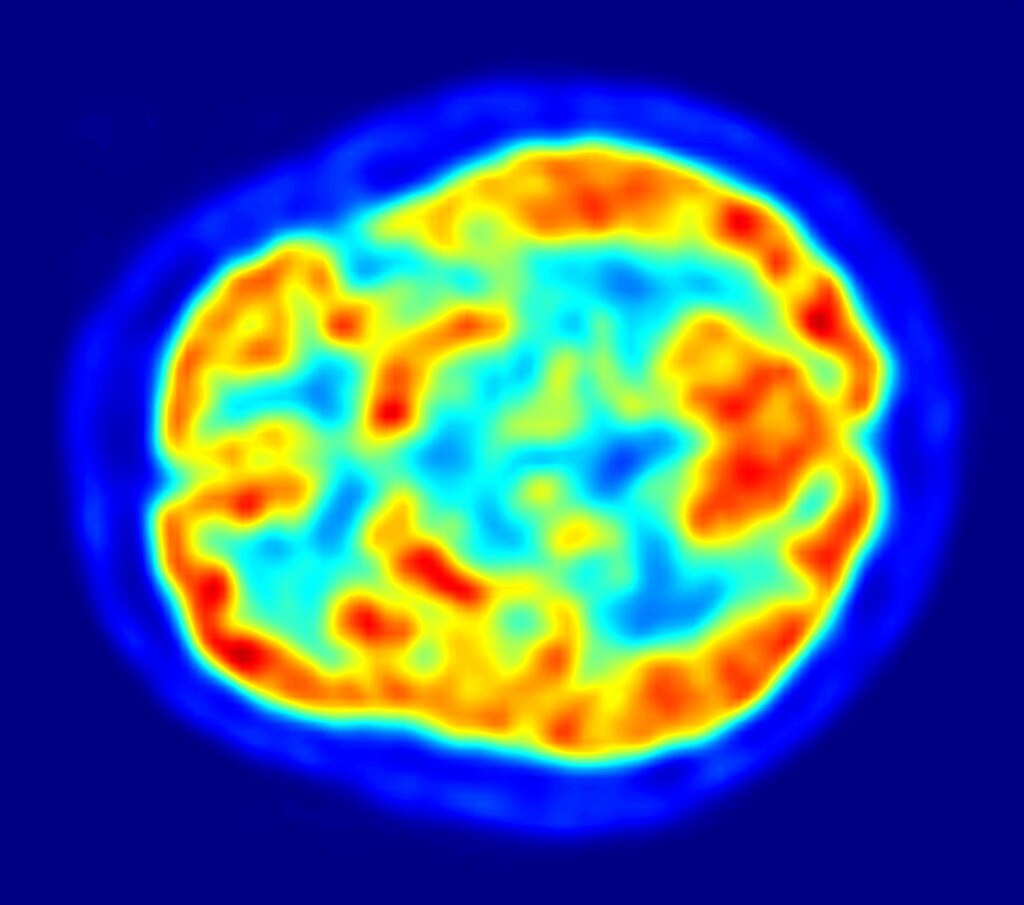
By creating a new metric, researchers envision the possibility of diagnostic and treatment advances for the disease, which is estimated to affect about 4 million people worldwide.

The population is not immunized against DENV-3. Meanwhile, DENV-1 and -2 continue to circulate, experts warn.
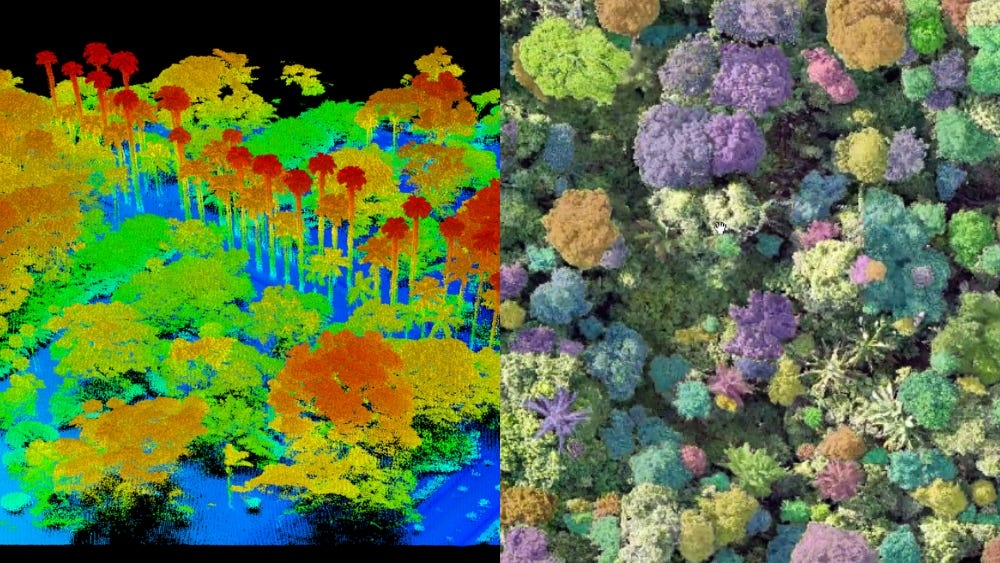
A technology that uses unmanned aerial vehicles developed by a FAPESP-supported startup has enabled Brazil’s leading cosmetics company to complete in six months a census of six species of key importance to its production process distributed across 40,000 hectares of forest in the Amazon.
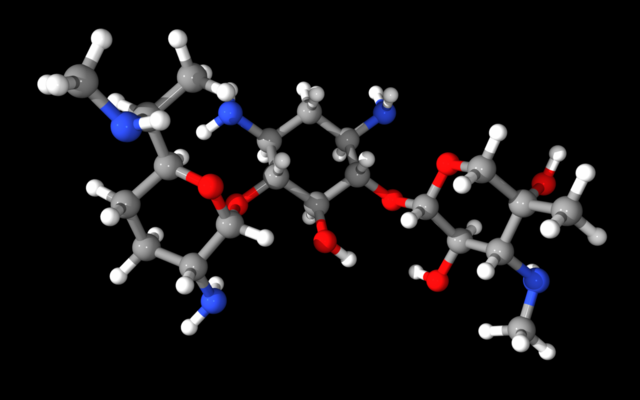
Researchers at a FAPESP-supported research center have identified the key role of the GenB2 enzyme in the formation of gentamicin components. The findings make it possible to develop safer and more selective versions of the drug.
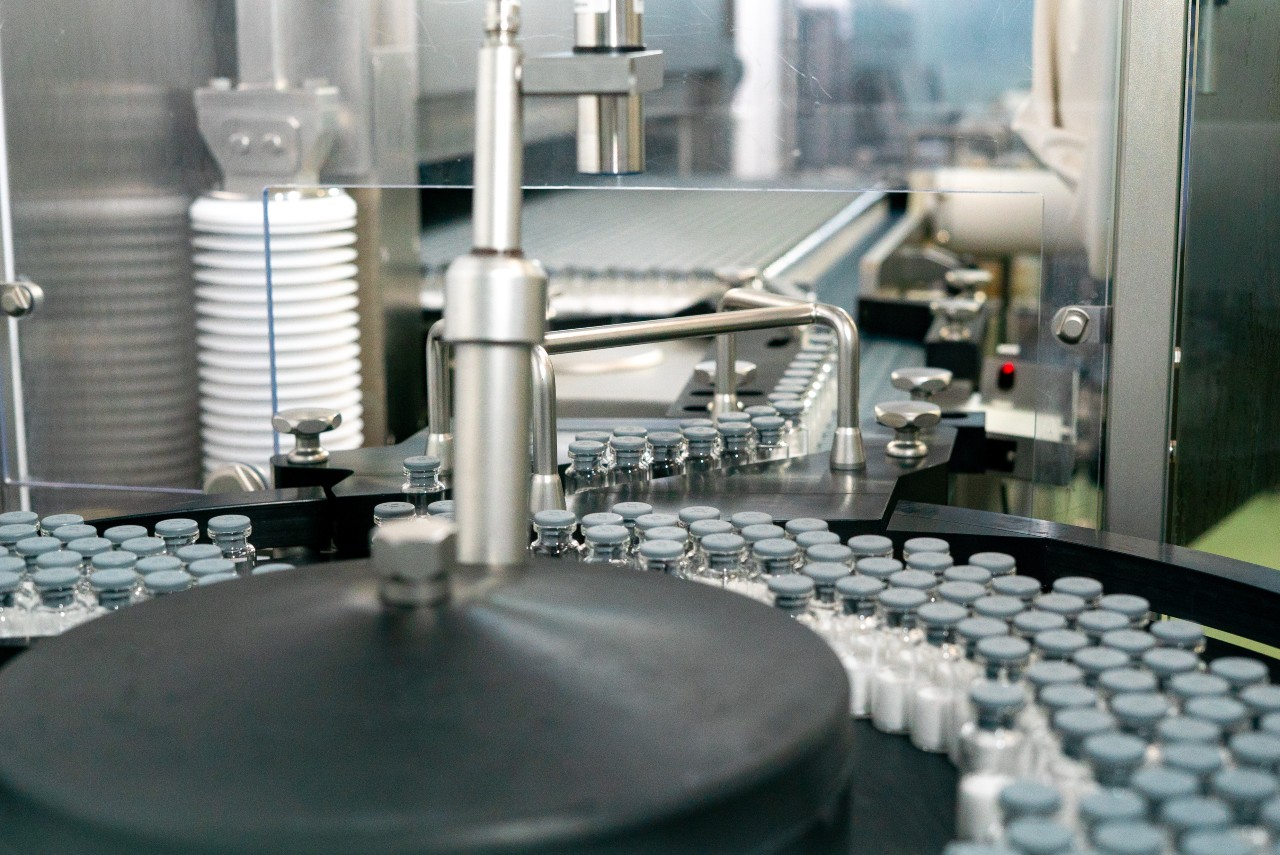
The phase 3 clinical trial showed that Butantan-DV is effective against dengue virus types 1 and 2, which were circulating at the time. The results can be extrapolated for types 3 and 4 based on additional in vitro testing, according to the researchers.
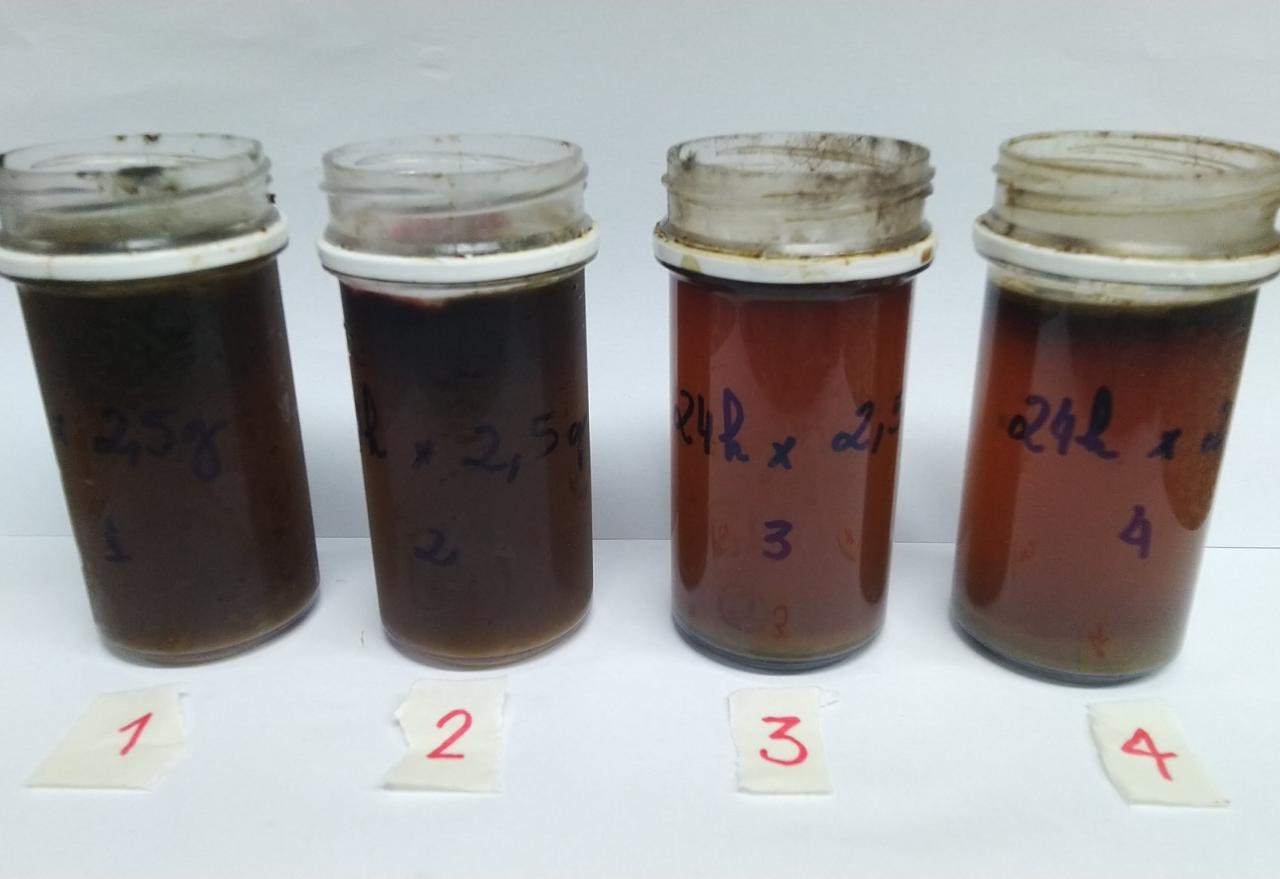
The method converts the vinasse left over from ethanol production into a potassium- and nitrogen-rich fertilizer. The groundbreaking study was conducted at the Federal University of São Carlos and published in the Journal of Environmental Management.
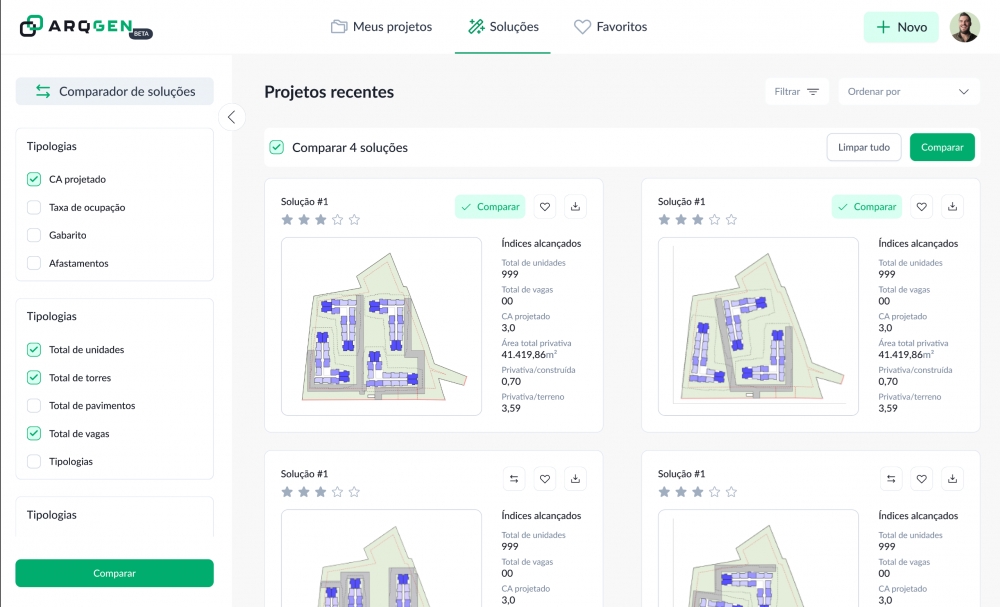
A startup supported by FAPESP has developed a platform that helps property developers optimize site selection and other strategic choices.

In a review article, researchers highlight the importance of metrology institutions in setting standards to characterize biopolymers and avoid greenwashing – a marketing practice that deceptively promotes products as being environmentally friendly.
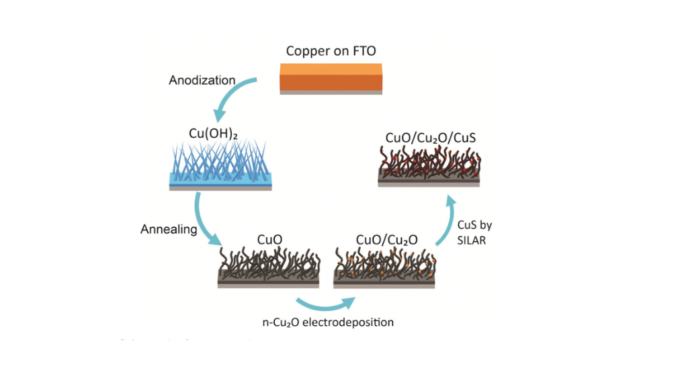
Researchers from the Center for the Development of Functional Materials have found that the material is promising for use in processes to produce hydrogen using solar energy.
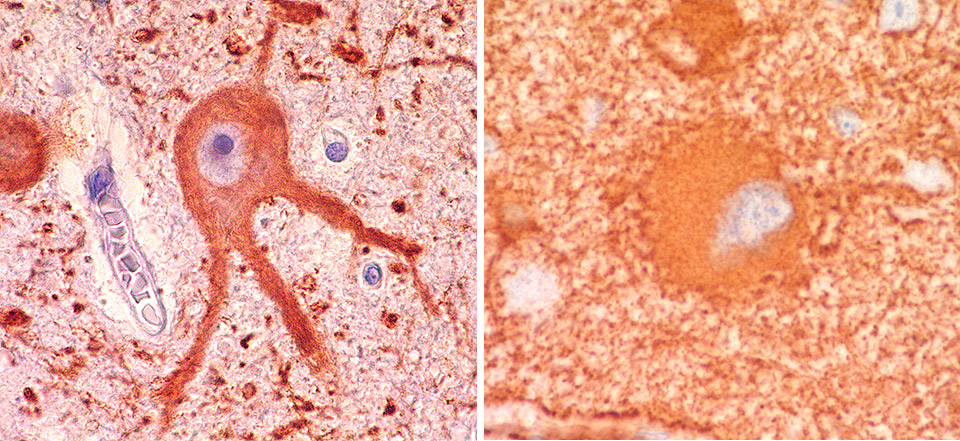
Using a single-cell sequencing technique, it was possible to characterize the different cell types present in the brain lesion. The result paves the way for specific treatments against focal cortical dysplasia.

Brazilian and British researchers have observed that a small crustacean that changes color according to the marine vegetation is able to disguise itself in exotic algae that did not evolve together with the species. However, the long-term effects of this interaction are unknown.

UN recognition will enhance the visibility of FAPESP’s initiative to establish a new strategy for funding research on the southern portion of the Atlantic Ocean and the planet’s coldest continent.
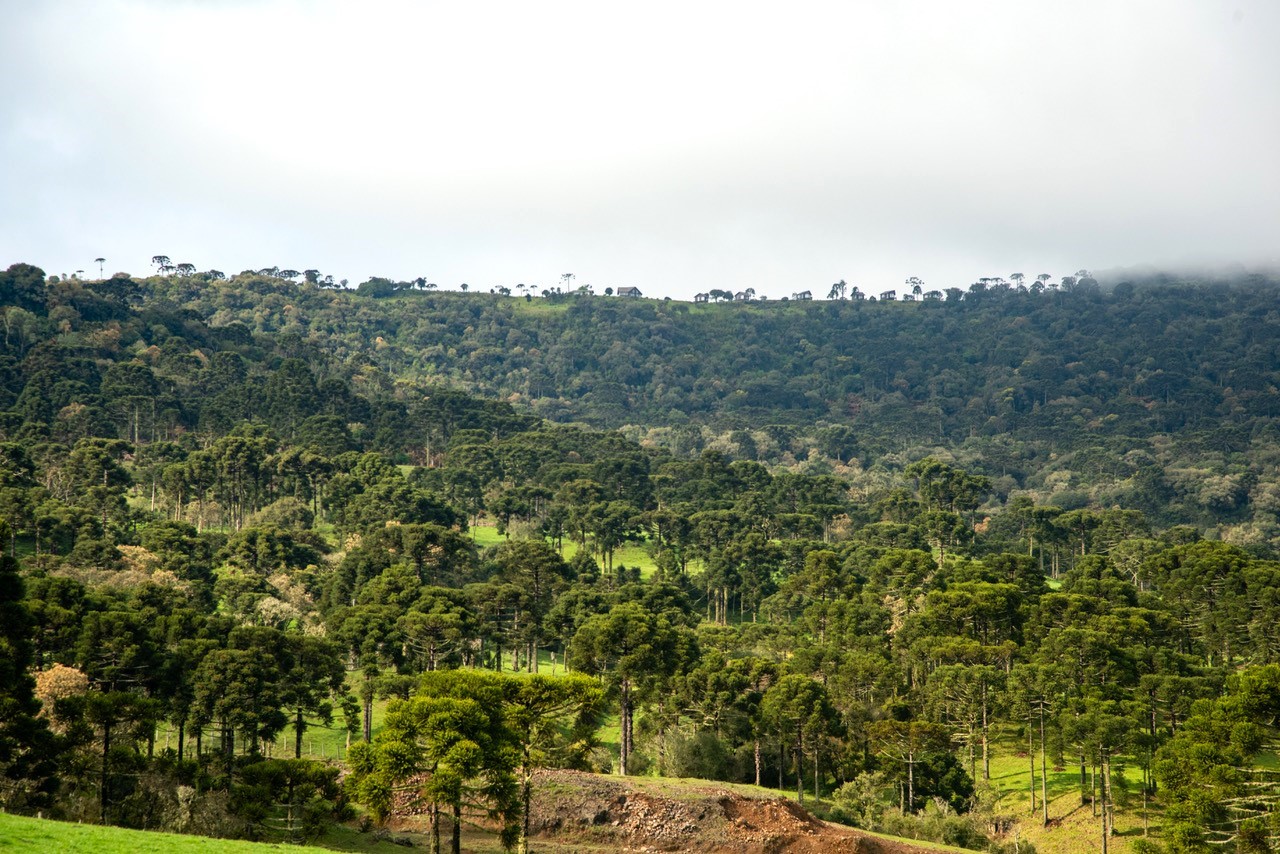
The study used advanced DNA sequencing techniques, machine learning and analysis of fossil pollen records to investigate the history of this forest formation.
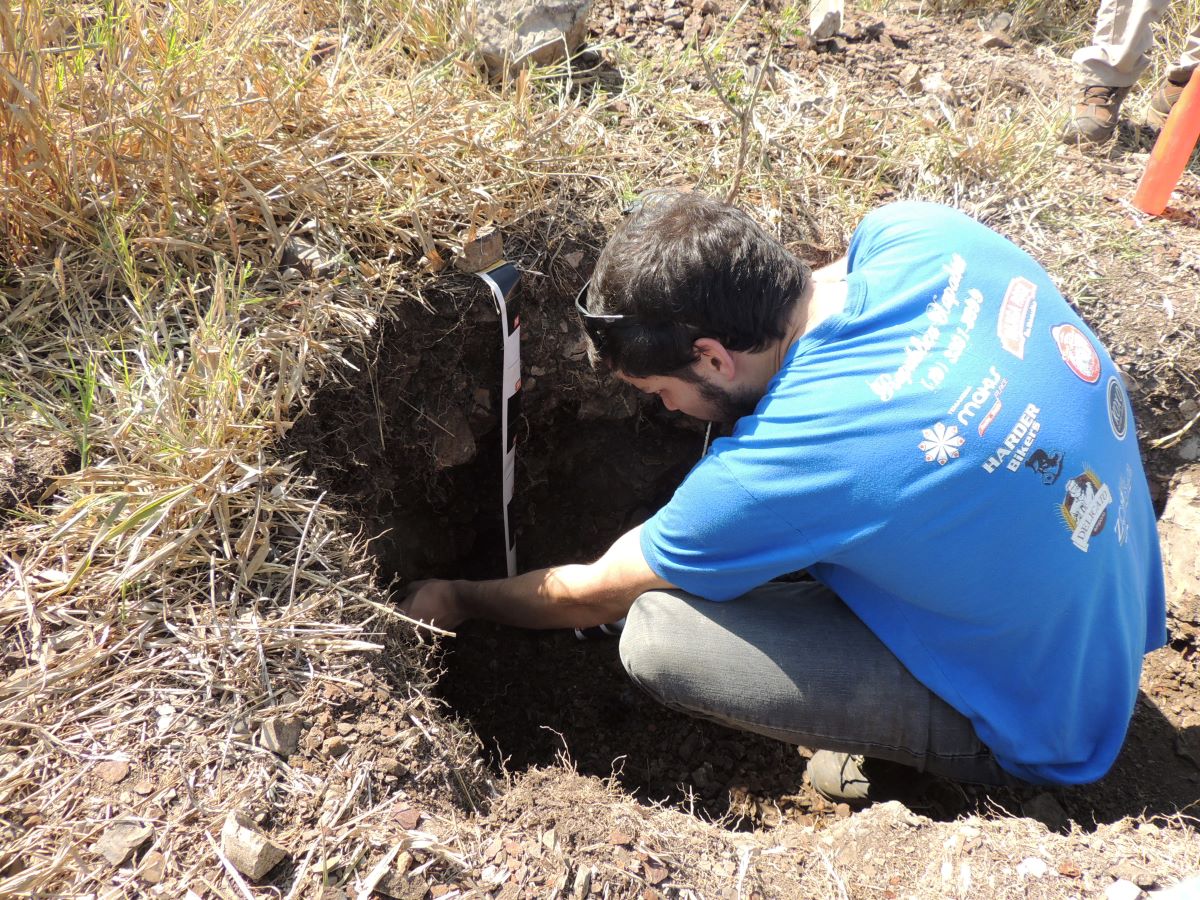
Using a technique from the oil industry, researchers show that chemical bonds with calcium and magnesium increase the soil’s capacity to store carbon, reducing emissions and increasing fertility; the process contributes to sustainable management.
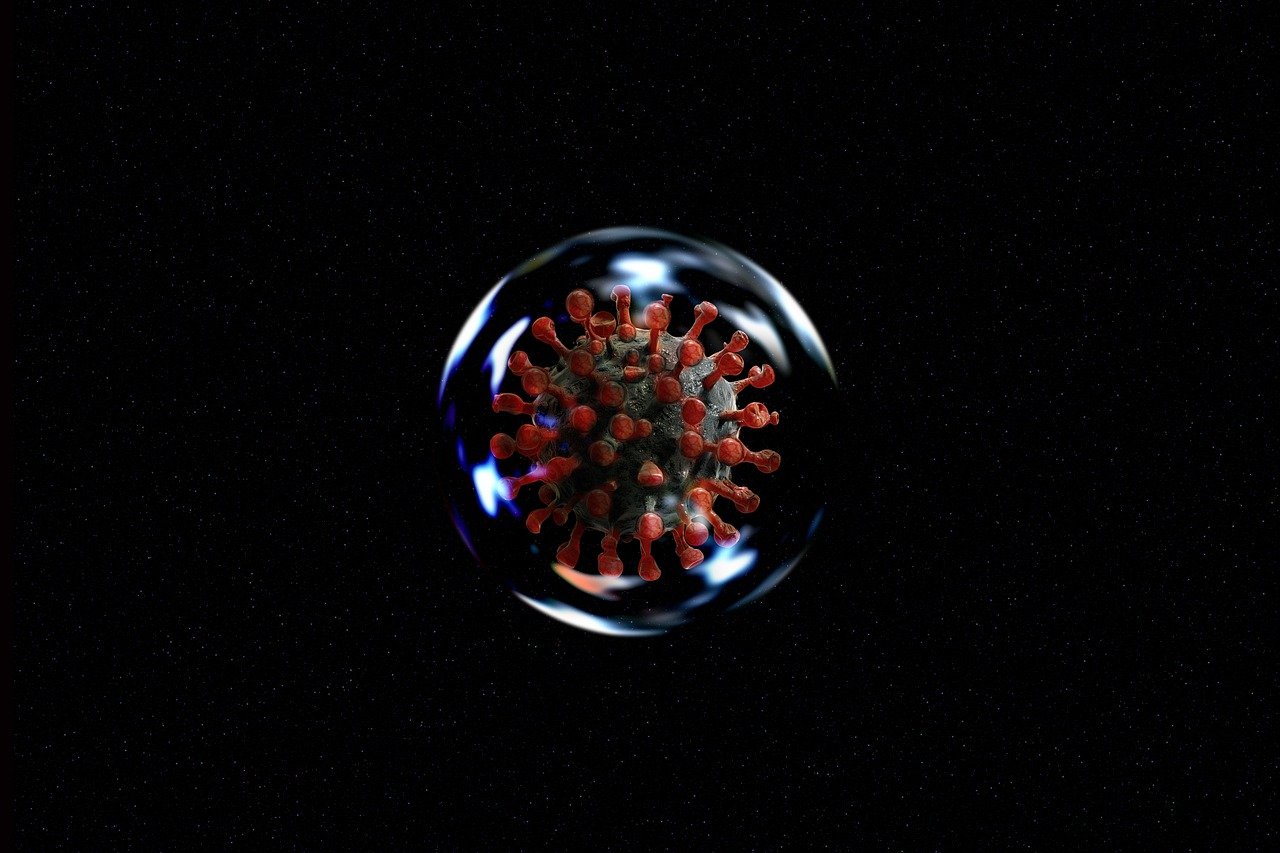
Scientists at the University of São Paulo analyzed blood samples donated by six serodiscordant couples where female partners were resistant to SARS-CoV-2 despite intense contact with their infected male partners. Overexpression of the gene IFIT3 in these asymptomatic women suggests it affords protection and could be a target for novel antiviral therapies.

The solution developed at the Plasticulture Engineering Center, supported by FAPESP, uses machine learning on time series of satellite images to detect agricultural areas where the material is used with almost 100% accuracy.
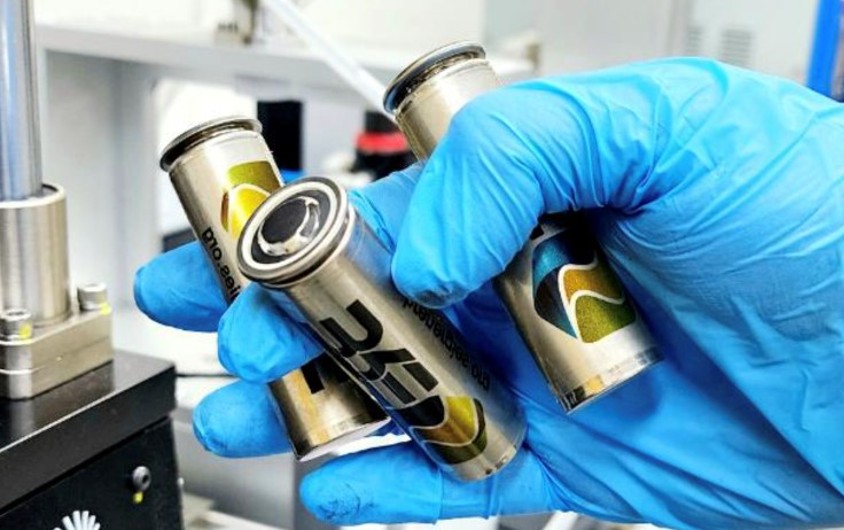
At an event held in Campinas (state of São Paulo, Brazil), FAPESP, Shell, UNICAMP, USP and UFSCar announced the renewal of support for the Center for Innovation in New Energies, which will have 15 new research projects dedicated to improving technologies to make Brazil an exponent in the energy transition.
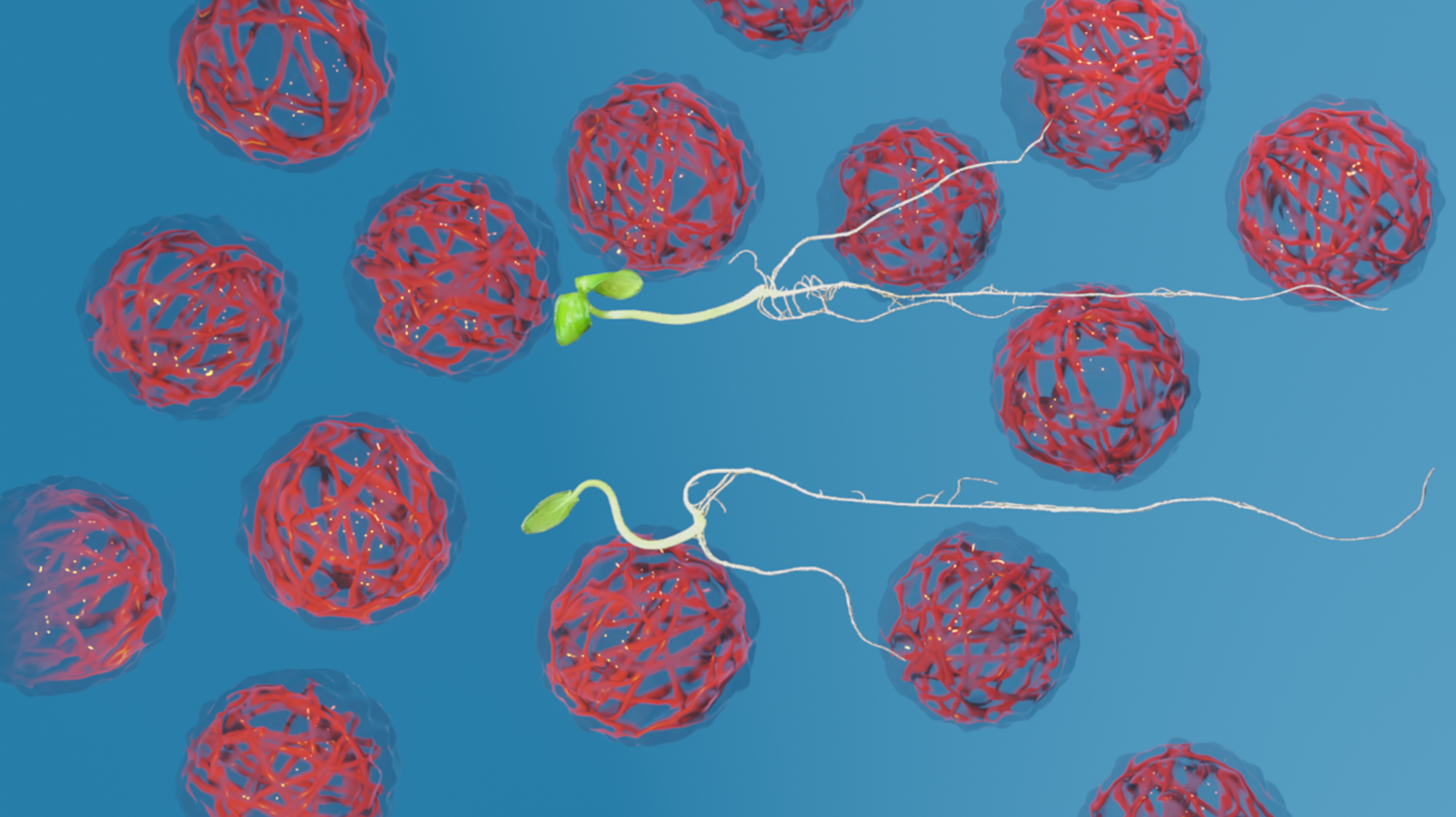
A study published in the Journal of Agricultural and Food Chemistry shows that this type of polymer may in future optimize production of this crop in terms of time, space and cost, favoring sustainable food production.

Studies conducted at the State University of Campinas have shown that physical training, combining strength training and aerobic exercise, improves lipid metabolism, reduces inflammation and reverses early immunosenescence in obese and diabetic individuals.